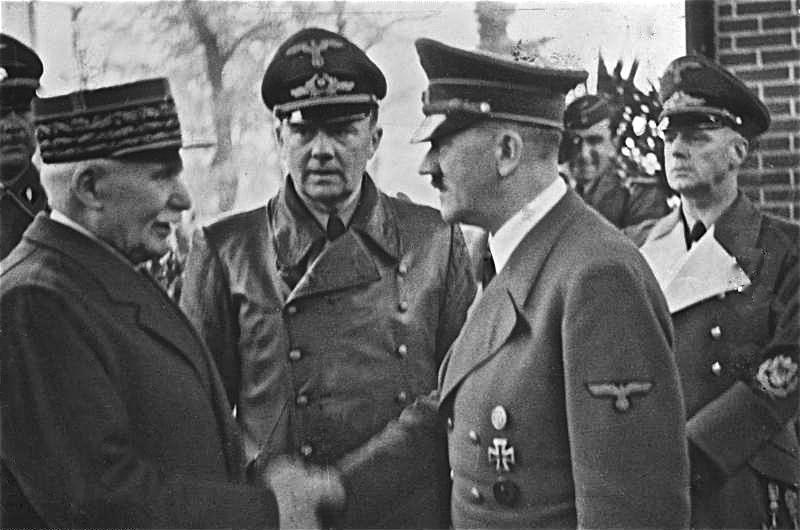“It was more complicated than that.” That phrase is often repeated in Julian Jackson’s new book, “France on Trial: The Case of Marshal Pétain,” and it is indicative of the subject. This is not to suggest that Jackson’s book is difficult to follow; rather, he has approached the subject with the same complexity as that which surrounded the man on trial in July of 1945.
This complexity centers around whether or not Marshal Philippe Pétain, leader of the Vichy government, betrayed France by signing an armistice with Nazi Germany. It would be easy to nod in the affirmative because it was the Nazis, after all, and how could one collaborate with them? But that is the knee-jerk reaction. That is the response given when one wishes to ignore the details, the facts, and the difficulties behind making impossible choices. That is the substance of show trials. Furthermore, as Jackson’s title suggests, Pétain wasn’t the only one on trial; France was on trial.






